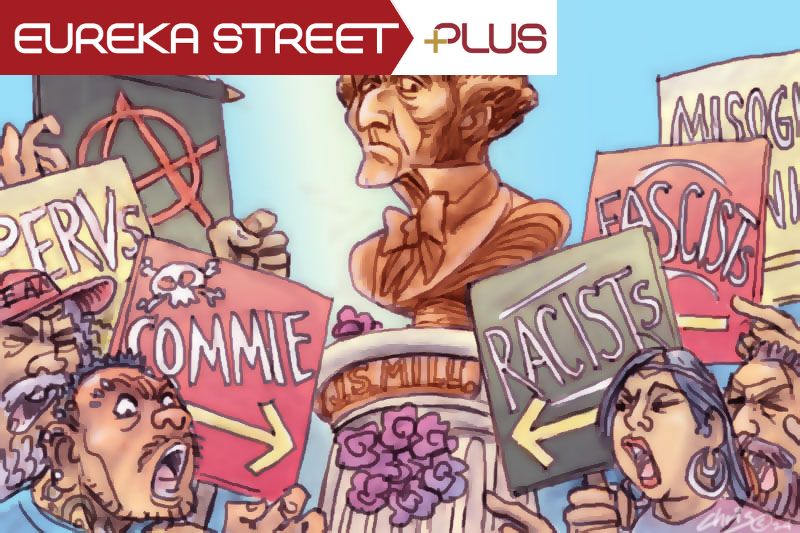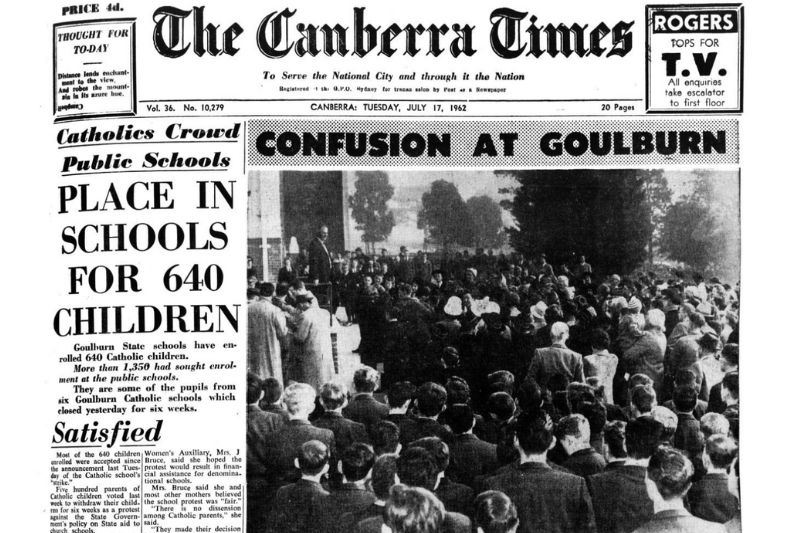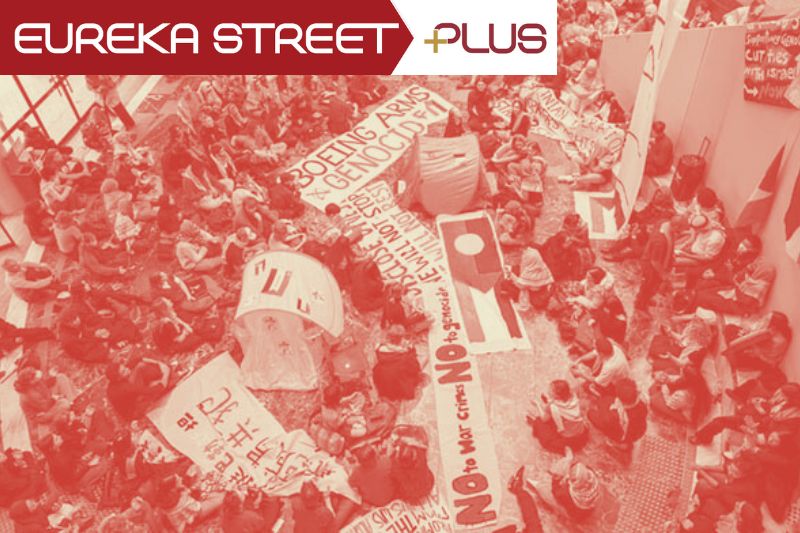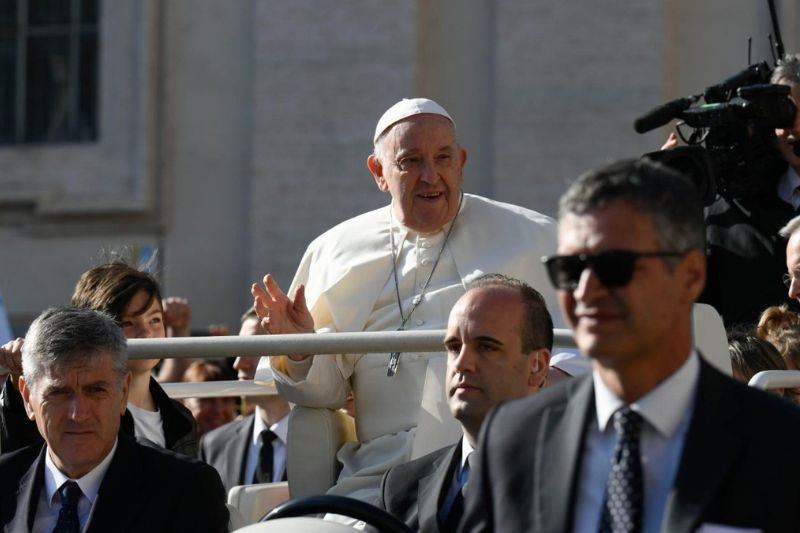Keywords: Religious Freedom
-

AUSTRALIA
- Russell Blackford
- 09 August 2024
2 Comments
Once the backbone of Western democracy, the philosophy championing free speech, tolerance, and civil political discourse is often reviled by those on both the Left and Right. In our desire for justice and meaning, is there a need to rediscover the principles that have long fostered human flourishing?
READ MORE 
-

RELIGION
- John Warhurst
- 03 July 2024
8 Comments
In 1962, Goulburn was the centre of national attention when Catholic schools closed in protest over a lack of government funding and control. Students overwhelmed public schools. Could this happen again? An Australian archbishop suggests it as an option if religious freedom in Catholic schools is threatened.
READ MORE
-

AUSTRALIA
In response to campus protests, universities erred on the side of free speech when every other day, the prevailing ethos is one of ‘safetyism’, namely suppressing speech or inquiry if an identity group frames it as ‘harmful’ to them. Universities should strive to be uncomfortable and ‘unsafe’ for all, with no identity immune from robust scrutiny.
READ MORE 
-

AUSTRALIA
- Juliette Hughes
- 05 June 2024
2 Comments
Since Peter Dutton has reignited the appetite for the dream of unlimited energy from atom-splitting, we have to think about the risks again. Is it more dangerous to keep burning coal and gas and oil and boil the planet than to have a few Chernobyls or Windscales? How do we balance such risks?
READ MORE
-

RELIGION
- Andrew Hamilton
- 23 May 2024
4 Comments
When Pope Francis delivered a message for the World Day of Social Communications, he focused on AI. The pope posed a wide range of questions including how to regulate its development and use in order to avoid the manipulation of truth and the inevitable centralisation of wealth and power.
READ MORE
-

RELIGION
- John Warhurst
- 01 May 2024
33 Comments
The relationship between the Catholic church and the Greens has been one marked by near constant antagonism. Are there any consequences from this for either the church or the party?
READ MORE
-

RELIGION
- David Kirchhoffer
- 18 April 2024
9 Comments
Though there are few surprises in Vatican document 'Dignitas Infinita', this summary of Pope Francis’s moral theology on dignity invites a reevaluation of our shared humanity in the face of an increasingly complex ethical landscape.
READ MORE
-

AUSTRALIA
- Michael McVeigh
- 28 March 2024
How do we live and work happily together with people whose views on the world and human nature are fundamentally different to our own? Can different beliefs within organisations be lived with, or even celebrated, without necessarily undermining the organisation’s own core mission?
READ MORE
-

AUSTRALIA
Sam Kerr’s alleged comment to a UK police officer has divided opinion as to whether it constitutes racism. The central question involves whether a structural understanding of racism should supersede a universal, neutral sense of racism of the kind that is enshrined in law.
READ MORE
-

RELIGION
- Andrew Hamilton
- 27 March 2024
1 Comment
Palm Sunday stands at the intersection of the world of justice and goodness and the brutal political realities in human societies. It mocks the pretensions of power that considers only the expediency of actions and not the human reality of the people affected by them. At that intersection today, refugees lie in the centre.
READ MORE 
-

EDUCATION
- Michael Furtado
- 20 March 2024
6 Comments
As challenges to anti-discrimination exemptions are likely to persist within Catholic education, how can the government and religious institutions collaborate effectively to balance the freedom of expressing religious beliefs with safeguarding the rights and freedoms of everyone involved?
READ MORE
-

ARTS AND CULTURE
- Paul Mitchell
- 22 February 2024
1 Comment
Since its release, audiences, critics and philosophers have grappled with Groundhog Day’s take on time and eternity. Like all great art, Groundhog Day resists easy categorisation and is a story that, in a wonderful irony, we can go to again and again.
READ MORE 